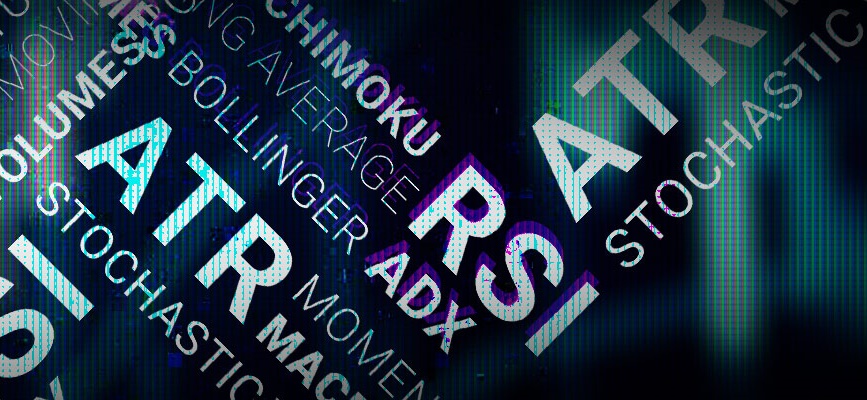The “splendors and miseries” of technical indicators
Computers and information technologies allow traders to forecast the direction of prices without much effort. Technical indicators do all the donkey work for traders freeing them from the need to perform difficult mathematical and statistical calculations. In addition, they save the traders’ time for the market analysis. However, there is always a spoon of tar in a barrel of honey. We have to admit that technical indicators are not crystal balls; they do fail and result in losses. But if traders focus on highly reliable chart and candlestick patterns, apply several indicators for identification of the perfect entry and exit points, they will always be ahead of the game. So, we encourage you to use technical tools in your intraday trades not only because it’s handy, but also because they will help you to minimize the impact of emotions on the decision-making process.

Trading gurus recommend applying at least 2 technical indicators to the chart to filter out false signals. Technical indicators work best in tandem, so you should open your positions when you notice that two indicators give you the same signal. At the same time, try not to be greedy and fall into the mistake of overanalyzing the market. The excessive use of technical indicators will do more harm than good, as you might lose the actual track of price movement and miss your profit opportunity.
A stretch of traders’ imagination is boundless. They combine technical indicators with other analytical tools. A rule of thumb states that combinations of the chart analysis with the technical indicators are the most profitable.
There are two main types of technical indicators: trend indicators and oscillators.








No comments:
Post a Comment